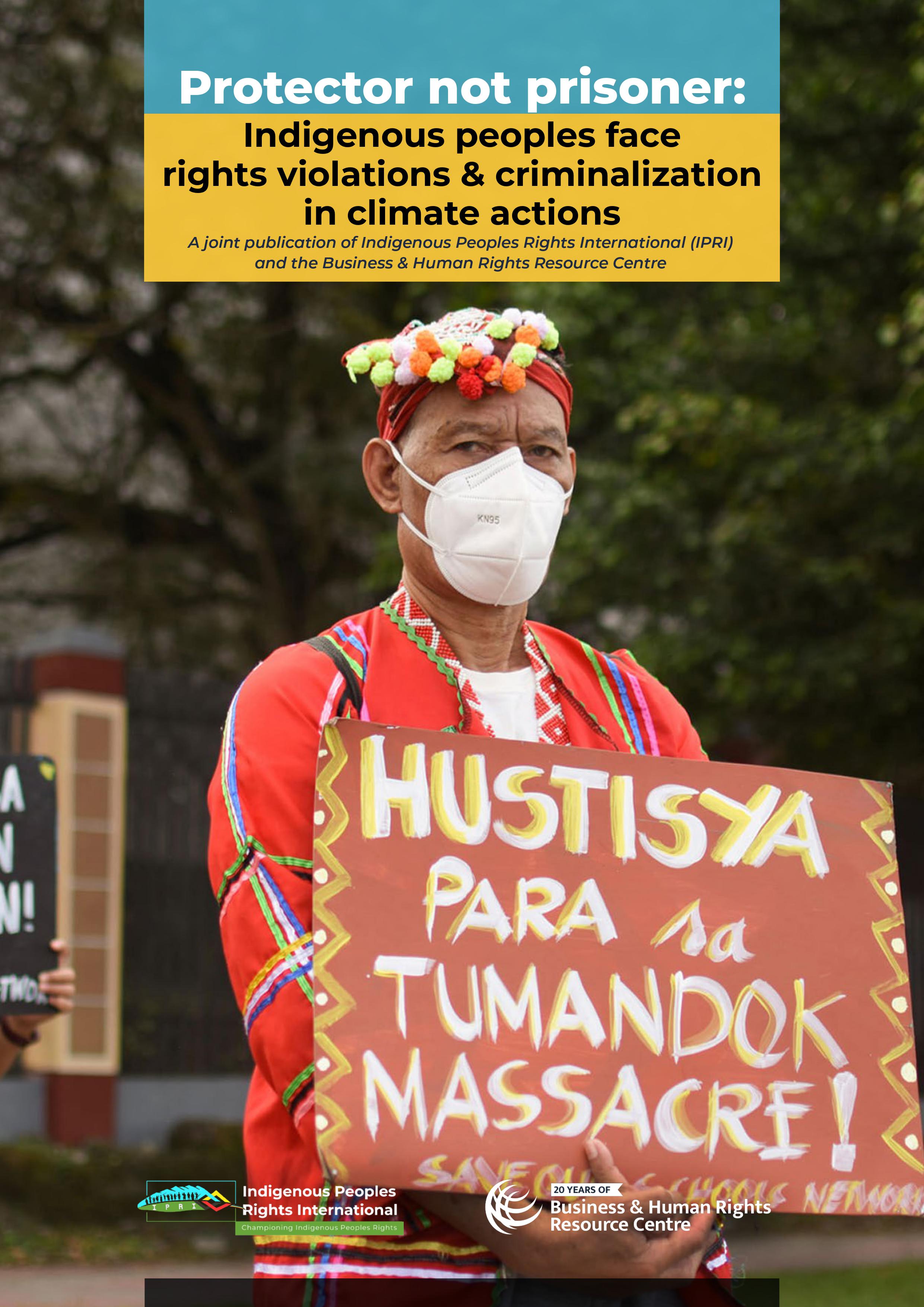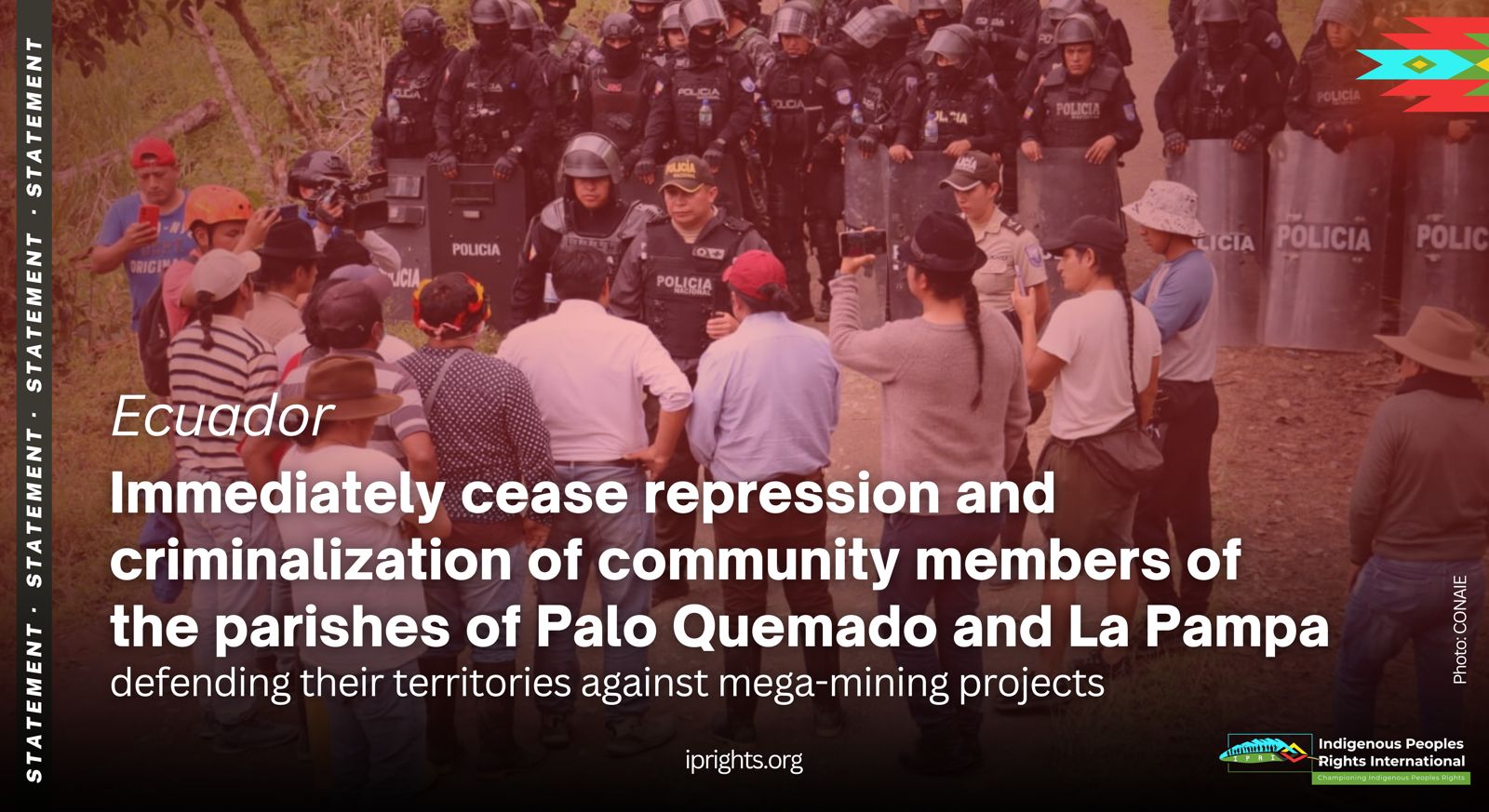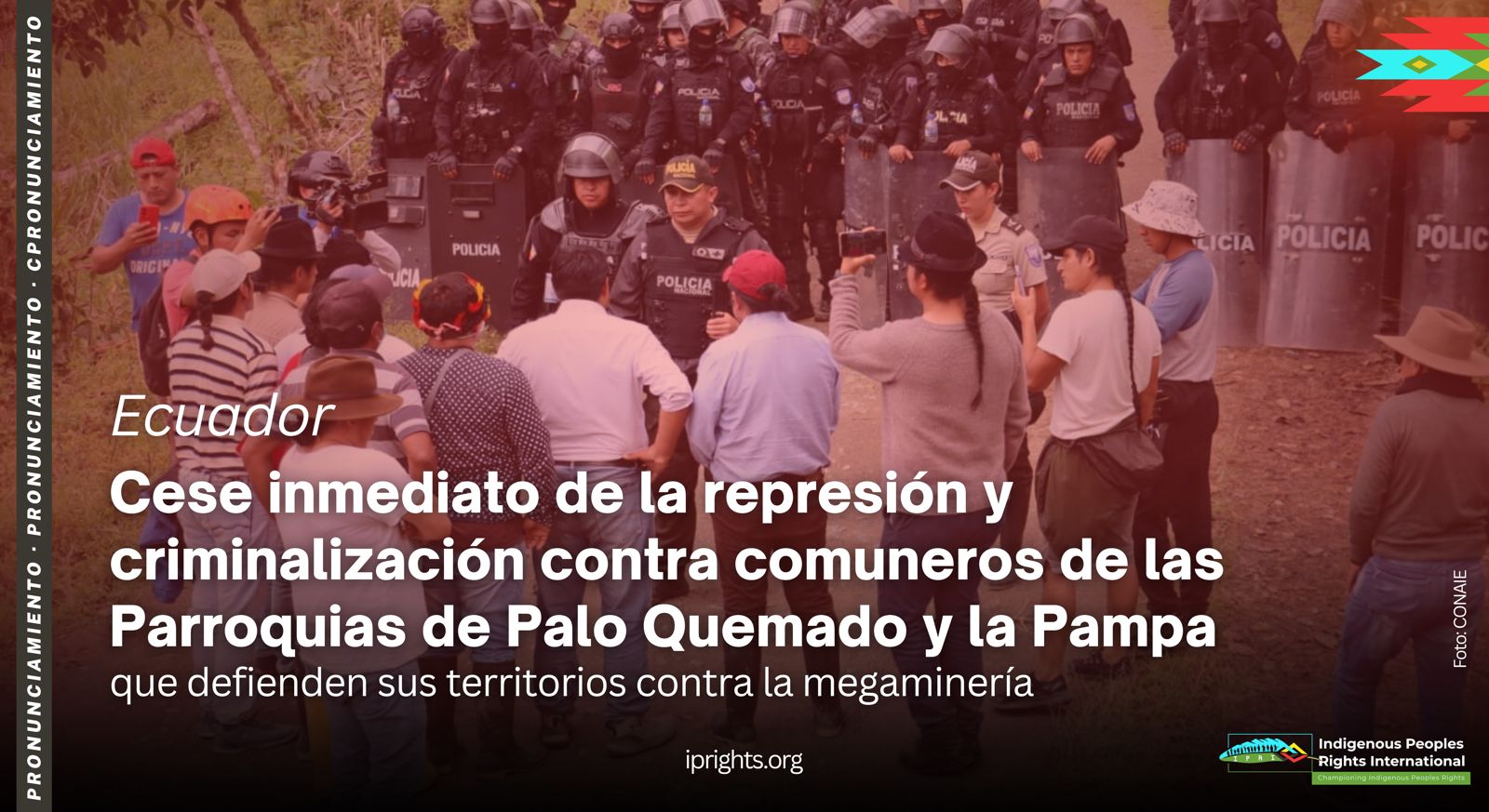The climate crisis is one of the most critical and complex issues our planet and its people face. Indigenous peoples are at the forefront of environmental protection and addressing this crisis, managing over 20% of the Earth’s land surface and 80% of its biodiversity. Drawing upon thousands of years of expertise in environmental stewardship, Indigenous peoples are vital leaders in the fight to protect our planet. They are also among the first groups to experience the direct consequences of climate change, despite having contributed very little to its causes. Climate change exacerbates the challenges already faced by Indigenous communities, including political and economic marginalization, loss of livelihoods, food insecurity, displacement, discrimination, unemployment, and threats to cultural practices and social cohesion. Recognition of the importance of effective participation of Indigenous peoples in climate actions has been detailed in numerous international agreements, including the Paris Agreement.
Unfortunately, some projects enacted with the aim of mitigating climate change and achieving the Sustainable Development Goals (SDGs) are threatening the rights of Indigenous peoples, including their collective rights to land, territories, and resources; food; water; free, prior, and informed consent (FPIC); and cultural traditions and customs, among others. This includes wind, hydropower, biofuel, geothermal, forest and biodiversity conservation projects, as well as mining of transition minerals, such as cobalt, lithium, copper, manganese, nickel and zinc, needed to produce renewable energy technologies – from wind turbines to solar panels to electric vehicles.
Unfortunately, some projects enacted with the aim of mitigating climate change and achieving the Sustainable Development Goals (SDGs) are threatening the rights of Indigenous peoples, including their collective rights to land, territories, and resources; food; water; free, prior, and informed consent (FPIC); and cultural traditions and customs, among others. This includes wind, hydropower, biofuel, geothermal, forest and biodiversity conservation projects, as well as mining of transition minerals, such as cobalt, lithium, copper, manganese, nickel and zinc, needed to produce renewable energy technologies – from wind turbines to solar panels to electric vehicles.





